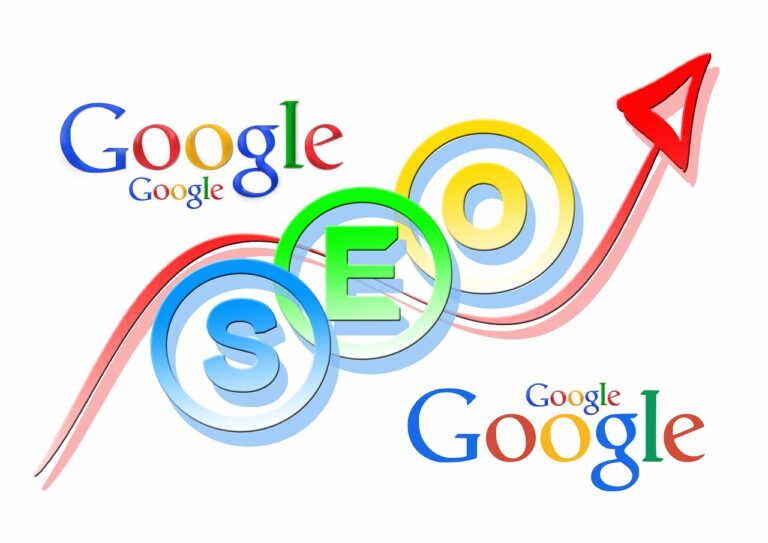
How did Google become the top search engine?
Google has become synonymous with internet searches, as of 2021, it is the most used search engine in the world, accounting for more than 92% of the global search engine market. But how did it arrive there? How did Google come to be the most popular search engine?
Google began in 1996, when Larry Page and Sergey Brin, two computer science graduate students at Stanford University, began developing a search engine dubbed Backrub. Backrub’s concept was to rank web pages based on the amount and quality of links connecting to them. The higher a web page ranked in search results, the more links it had.
Backrub was renamed Google in 1997, a pun on the word “googol,” a mathematical term for the number 1 followed by 100 zeros. Google.com was registered as a domain name, and the search engine was officially launched in 1998.

Search engines were clumsy and slow at the time, and the results were sometimes irrelevant. Google’s clear, clean interface and quick search results set it apart from its competitors. What set Google apart was its PageRank algorithm, which employed links to estimate the relevance and value of websites.
PageRank functioned by awarding a score to each web page depending on the amount and quality of links leading to it. The higher a page’s PageRank score, the more links it received from other high-quality pages. Pages with better PageRank ratings will appear higher in search results.
PageRank revolutionised search engines. Webmasters have to focus on providing high-quality content and building legal links instead of using keyword stuffing and other spammy approaches to manipulate search results. Google’s emphasis on quality results and user experience distinguished it from competitors and soon established it as the go-to search engine for internet users.

As Google increased in prominence, so did its search index. The spider of Google’s search engine crawled the web, indexing billions of web pages and making them available to users in search results. Google’s search algorithm improved over time as well, combining hundreds of elements to decide search ranks, such as user behaviour, content quality, and social signals.
Google’s ability to monetise its search engine through advertising was a key component in its success. Advertisers may bid on terms using Google’s AdWords programme, and their adverts would appear alongside search results. The AdWords programme benefited both advertisers and Google. Advertisers could target customers who were actively looking for their products or services, and Google earned money from ad clicks.

Google’s success in search enabled it to diversify into new sectors such as email (Gmail), mapping (Google Maps), and video (YouTube). However, search remained at the heart of Google’s operation, with advertising accounting for the vast bulk of its revenue.
Google’s search dominance has not gone unnoticed. Competitors like Yahoo, Bing, and DuckDuckGo have attempted to erode Google’s market share, but none have been successful. Google’s continual emphasis on quality results, user experience, and innovation has helped it to retain its position as the leading search engine.
To summarise, Google’s success as the leading search engine may be ascribed to a variety of factors, including its revolutionary PageRank algorithm, emphasis on quality results and user experience, ability to commercialise through advertising, and growth into other areas such as email, mapping, and video. It will be interesting to observe how Google adapts and retains its supremacy as the internet and search continue to grow.
Hitem Hard Media, 2023
Social share
